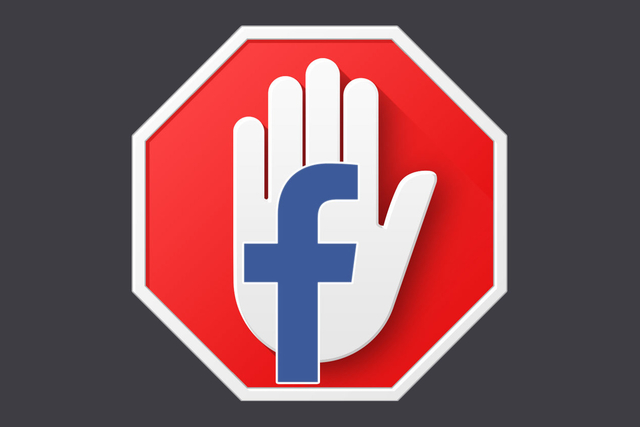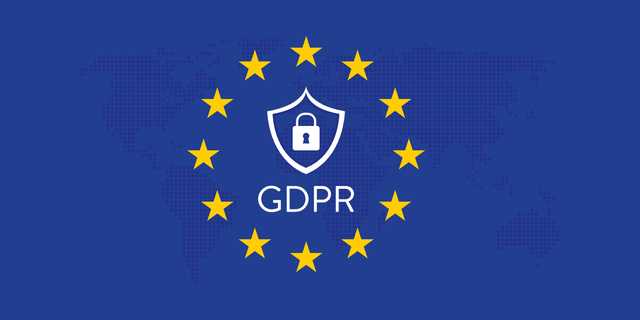Data of 9.4 Million Passengers Accessed in Cathay Pacific Hack
Last Wednesday, one of Asia’s top Airlines, Cathay Pacific, reported a wide-scale data breach on its passenger database. Apparently, the personal information of almost 9.4 million passengers was stolen earlier this year. Read on for the full story on the Cathay Pacific hack.

Cathay Pacific Hack – The Full Story
Last Wednesday, Cathay Pacific released a statement on its website informing the public of the wide-scale data hack. The statement stated that the airline first noticed the breach in March and has been working with a specialized cybersecurity firm ever since.
According to the statement, the stolen data included passenger names, dates of birth, email addresses, passport numbers, and phone numbers. Here’s how the airline broke down the stolen data:
- 27 credit card numbers without their security codes.
- 403 expired credit card numbers.
- Roughly 860,000 passport numbers.
- Around 245,000 Hong Kong ID numbers.
Apparently, passenger passwords were not stolen. The airline also stressed that, to date, the attackers did not abuse any of the stolen information.
Cathay Pacific Hack – Not the First Airline Attacked This Year
The Cathay Pacific hack happens to be the latest in a series of airline specific attacks.
Just last month, British Airways reported that hackers were able to breach both its website and its app. The BA hack, which seemed to be malicious by nature, affected the data of 380,000 passengers.
In August, Air Canada reported a data breach on its own mobile app. The breach affected roughly 20,000 passengers. Finally, in April, Delta Airlines said that the credit card details of thousands of customers were stolen in a wide-scale data breach.
Cathay Pacific Hack – Final Thoughts
It is absolutely terrifying to think that a trip you took years ago could put your personal information in danger. While there isn’t really anything you can do to protect yourself retroactively, you can still take a few steps to protect your information in the future.
Remember, whenever you’re about to pay for something online, make sure that you have a credible and active VPN connection set up first. This way, attackers and hackers won’t be able to get to your personal information. You’ll also be able to protect yourself from malicious website code (as in the case of the BA hack). Always use a trusted and reputable VPN provider, personally, I suggest you go with ExpressVPN or take a look at our best VPN suggestions for online banking.



